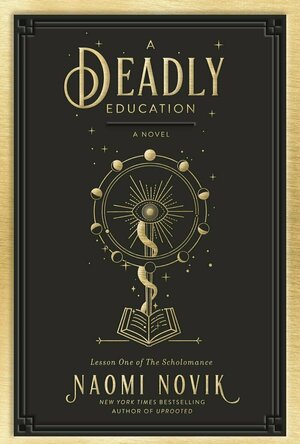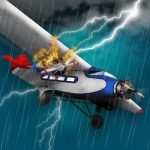
Flight of the Amazon Queen: 20th Anniversary Edition
Games
App
"A great game, that'll give you hours of fun and leave you feeling good. We love it!" -Mr. Bill's...
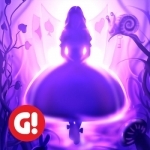
Alice in the Mirrors of Albion
Games
App
Meet Alice in the Mirrors of Albion, a captivating new Lewis Carroll–inspired game! Mirrors of...
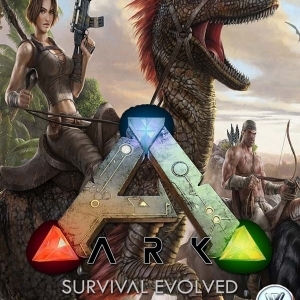
ARK Survival Evolved
Video Game
Stranded on the shores of a mysterious island, you must learn to survive. Use your cunning to kill...

Road Riot Combat Racing
Games
App
Road Riot is the global sensation that defined the Combat Racing genre! This addictive,...

Coyote : navigation, traffic, alerts
Navigation and Travel
App
Coyote is a community app which guides you and alerts you in real time about dangers on the road. ...

Mordheim: Warband Skirmish
Games
App
Explore the ruins of the City of Mordheim, clash with other scavenging warbands and collect...

SmartDriver: Radar Detector
Navigation and Utilities
App
Smart Driver is all in one: radar detector, video recorder, and road camera detector. Smart Driver...
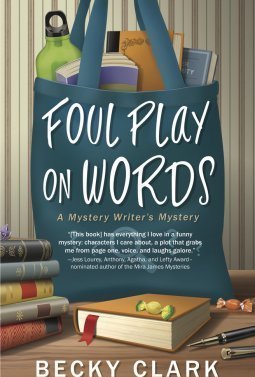
Foul Play on Words
Book
Between a kidnapping, a double booking, and a crew of hapless volunteers, Charlee is worried the...
Night Reader Reviews (683 KP) rated A Deadly Education: Lesson One of the Scholomance in Books
Sep 22, 2021
The basic idea here is that magical children are teleported away to The Scholomace for education and safety from the mals ( evil creatures attracted to the easy target of young magic user) though not all make it into the school. The school itself is dangerous as well yet even with the horde of mals waiting at the graduation gates to feast on everyone trying to leave the school once a year and the few who make it into the rest of the building the survival rate os those inside the school is still better than if they were left in the general magical population.
While completing school work is important it only because the school will attack those who don't complete their work the samation of alliances is almost more important. This is problematic thoug for those who don't come from an enclave and who are not interested n making friends in the first place.
What I liked about this book was that it is relatively unique. The fact that the main character actually goes through a very clear mental and maturity growth is a plus as well. She really improves as she learns about herself and her classmates. Unfortunately that is pretty much everything good I can say about this book. I enjoyed reading the book when I first started it but around halfway through it became clear that a lot of the book is repetitive. The book ended up becoming slow with the group just fighting off mals and not making much progress on the storyline for a while.it actually got to the point that I was about ready to put the book down.it is also rather predictable.
The ideal target audience for this book is teens to some young adults. I believe the book is too much for most readers younger than teens but at the same time it lacks the detail and depth needed to really capture the attention of older readers. I can only rate this book a 2 out of 5 at best with the hope that it is just a slow start to a good series.
For more reviews on popular books and independent authors check out these locations
https://www.facebook.com/nightreaderreviews
https://smashbomb.com/nightreader
https://nightreaderreviews.blogspot.com/
https://www.goodreads.com/user/show/40248897-melissa-espenschied
To see about having your book reviewed a message on any of the above platforms or email me at bookreviewsatnight@gmail.com
Thank you, Melissa
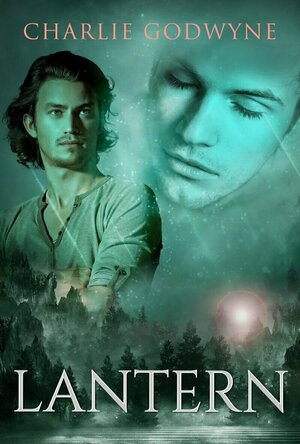
Lantern (Danubian #1)
Book
In the black night, I alone uphold the shrine of the seven lantern gods. The year is 2448....
MM Paranormal Romance
